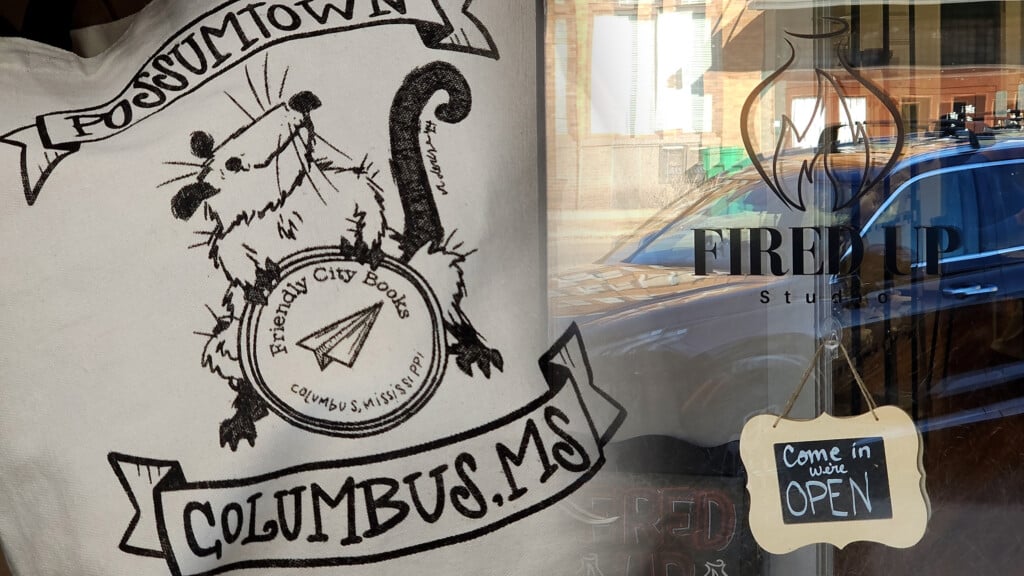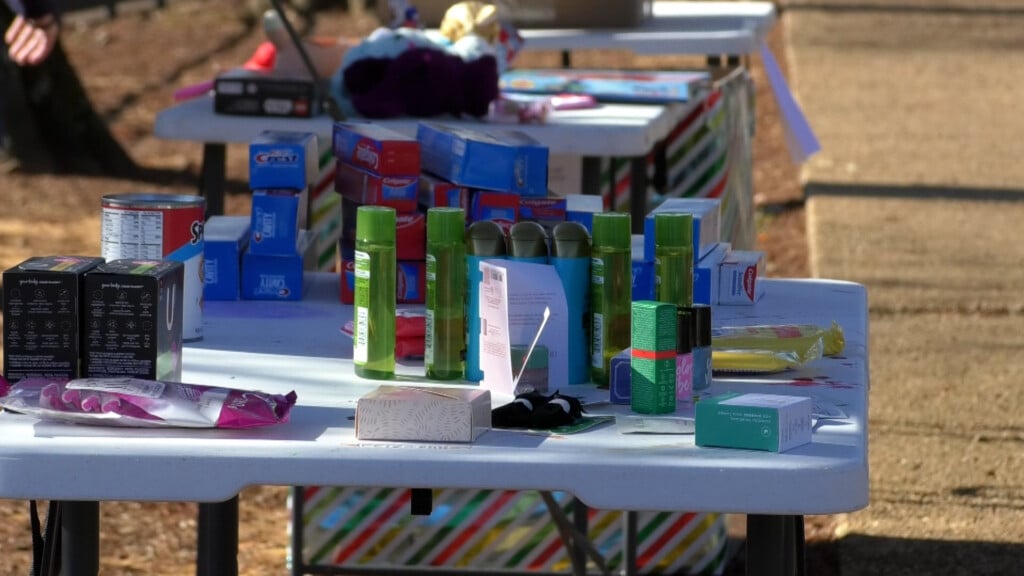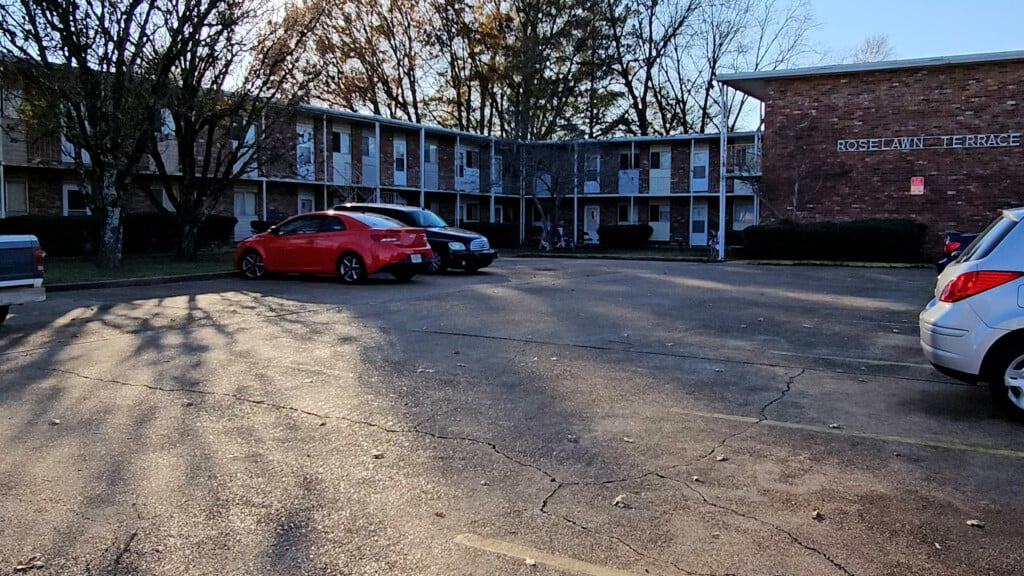New antibiotics needed “yesterday” to fight drug-resistant infections
With the threat of infections that can’t be cured with antibiotics larger than previously thought, new antibiotics are needed. But few companies are working to develop them.
Antibiotics are expensive to develop and because their use is limited, there’s not a lot of profit potential for pharmaceutical companies, CBS News consumer investigative correspondent Anna Werner reports. Still, the need is great, as drug-resistant infections kill more than 35,000 people a year, or about one person every 15 minutes, according to the Centers for Disease Control and Prevention.
When Roxana Sudderth’s son, Trey, a healthy high school freshman who loved sports, developed a sore on his foot after playing basketball with his friends near their Jacksonville, Florida, home in May, “it just looked like a small blister.” But he also had pain in his legs.
Doctors gave him antibiotics, but the pain persisted. “He said, ‘Mom, I can’t, this — hurts too much. I can’t walk,'” Sudderth said.
She took him to the hospital where they told her he had a life-threatening infection, MRSA, a bacterium resistant to antibiotics. “He had blood clots all over his legs and in his lungs,” Sudderth said.
Over 19 days, his condition deteriorated until finally doctors told Sudderth it was time to take Trey off life support. “There was nothing they could do because the antibiotics weren’t taking the MRSA away. MRSA was still there,” she said. “They said that … nothing was working.”
Trey’s isn’t the only case. “We have seen infections that are resistant to all the antibiotics that we have available,” said Dr. Helen Boucher, chief of infectious diseases at Tufts Medical Center in Boston.
“How soon do you need new antibiotics?” Werner asked.
“Well, we need them yesterday,” she said.
A big part of the problem is that many major pharmaceutical companies have gotten out of antibiotic development. Now, it’s mostly small companies like Pennsylvania’s Paratek Pharmaceuticals.
“There’s only about 13 or 14 of us today that are actually working on antibiotics as small biotech companies,” said CEO Evan Loh.
Paratek says its new antibiotic Nuzyra treats pneumonia and skin infections with fewer toxic side effects, but it’s been a tough sell at many hospitals, where budgets are tight and federal Medicare reimbursements for antibiotics are low.
“Payers and hospitals have said, you know, ‘we have our generics, we need to control our costs … we’ll just go ahead with the older antibiotics that we have here today.’ They’re telling us they don’t want our innovation,” Loh said.
The American Hospital Association said its members are “dedicated to the judicious and appropriate use of antibiotics.”
But Boucher said doctors have had to use older, more dangerous drugs because there aren’t newer options.
“We’ve been forced to go back and take some old drugs off the shelf that we would never use because of the toxicities associated with them,” she said.
Paratek’s president Adam Woodrow said fixing the system will take action from Congress. “We’ll have to see some form of legislation to enable drug companies to survive in this environment,” he said.
“So in other words, you’re looking at a situation where, without help, the industry could go under?” Werner asked.
“Without help, the industry could collapse,” Woodrow said.
That is something critical to families like Trey’s. “I just wish that I could see him one more time … let him know how much I love him. I just want to see him,” Sudderth said.
There is a bipartisan proposal in Congress called the DISARM Act that would change the way Medicare reimburses for antibiotics, to allow for higher payments to hospitals. One of the sponsors, Sen. Bob Casey of Pennsylvania, said the goal is to stabilize the market so more medications are available.





Leave a Reply